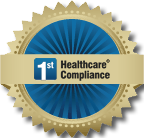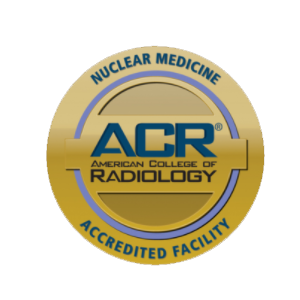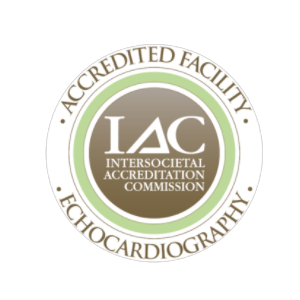Been hearing a lot about PCOS lately? Learn the ins and outs of what all women should know about this chronic condition with Dr. Mary Kate Frauenheim of Queen City OBGYN.
What is PCOS, and why am I hearing so much about it?
Polycystic Ovary Syndrome, or PCOS as it’s commonly abbreviated, is a hormonal imbalance that affects a patient’s ovaries. This imbalance often causes a wide range of symptoms and can affect organ systems outside the GYN realm.
PCOS is a chronic condition that cannot be cured; however, it can be successfully managed with the support of a trusted OBGYN provider.
What causes PCOS?
PCOS is a chronic condition, and its cause is not known. Researchers at the American College of Obstetrics and Gynecology (ACOG) suspect that PCOS symptoms may be caused by a few different factors working together, such as:
- Insulin resistance
- Increased levels of hormones
- An irregular menstrual cycle
Patients may suspect they have PCOS based on the symptoms that present, then can work with a provider at Queen City OBGYN to confirm a diagnosis. Our OBGYNs may use a physical exam, blood test, or ultrasound to evaluate symptoms and corresponding hormone levels, and ultimately to provide a definitive diagnosis.
Who can be diagnosed with PCOS?
PCOS affects women of a reproductive age, but is shown to be more prevalent in these populations:
- Patients with a family history of PCOS
- Patients who are overweight
- Patients with insulin resistance or those diagnosed with type 2 diabetes
Your Queen City OBGYN provider will be sure to discuss these risk factors with you at your exam, as they can often be helpful to confirm a diagnosis and guide an effective course of treatment.
What are symptoms of PCOS?
PCOS symptoms are somewhat inconsistent. They can vary greatly from person to person, they may change over time, and they can range from feeling mildly bothersome to more severe symptoms that may impact a person’s day-to-day life.
Some of the symptoms most associated with PCOS include:
- Irregular periods — you may not have periods very often or your cycle may last many days
- Multiple ovarian cysts
- Extra body or facial hair
- Weight gain
- Acne
- Infertility
Why does PCOS cause people to grow extra body hair?
A symptom typically associated with PCOS is extra hair growth (or hirsutism) on both the face and/or body.
What should I do if I think I have PCOS?
The expert providers at Queen City OBGYN specialize in patient-focused obstetrics and gynecology, which includes comprehensive services to diagnose, treat, and support patients with polycystic ovary syndrome (PCOS).
If you notice symptoms that may indicate PCOS, or simply would like to discuss your risk factors for PCOS with a professional, schedule an appointment with one of our providers by calling the phone number listed below.
About the author

Mary Kate Frauenheim, MD is a Buffalo native and one of the expert physicians providing comprehensive women's health care at Queen City OBGYN. Dr. Frauenheim studied neurosciences at Columbia University in New York City before attending medical school at the Jacobs School of Medicine and Biomedical Sciences at the University at Buffalo, where she graduated magna cum laude. She gravitated toward OBGYN as a specialty because of the unique opportunity to see her patients through different phases of their lives and provide lifelong medical care. Dr. Frauenheim provides care for the full spectrum of women's health concerns, but has a special interest in gynecologic surgery.
You can schedule an appointment with Dr. Frauenheim to discuss PCOS or other GYN health concerns by calling us at (716) 748-4444

 APPLY ONLINE TODAY!
APPLY ONLINE TODAY!





